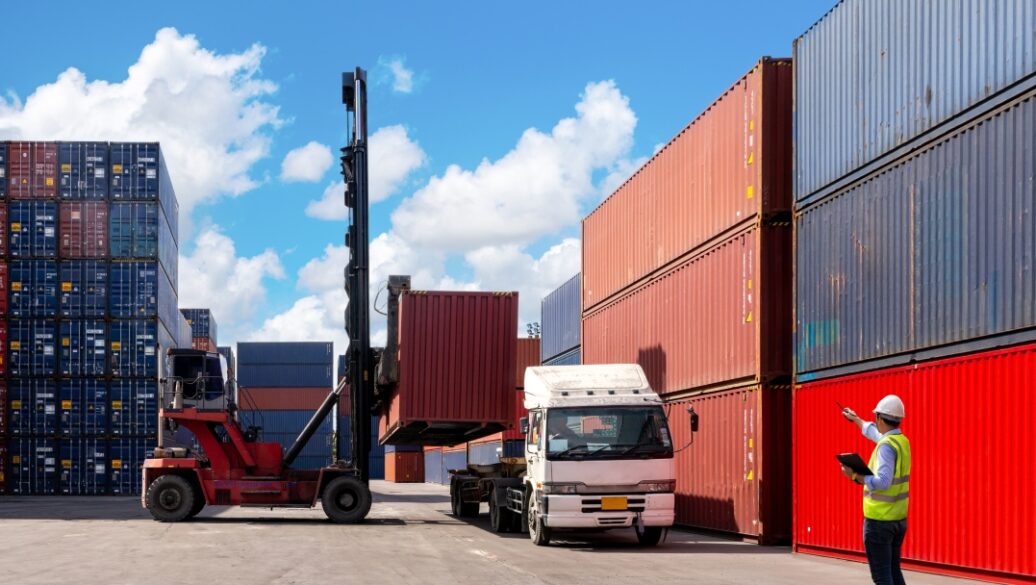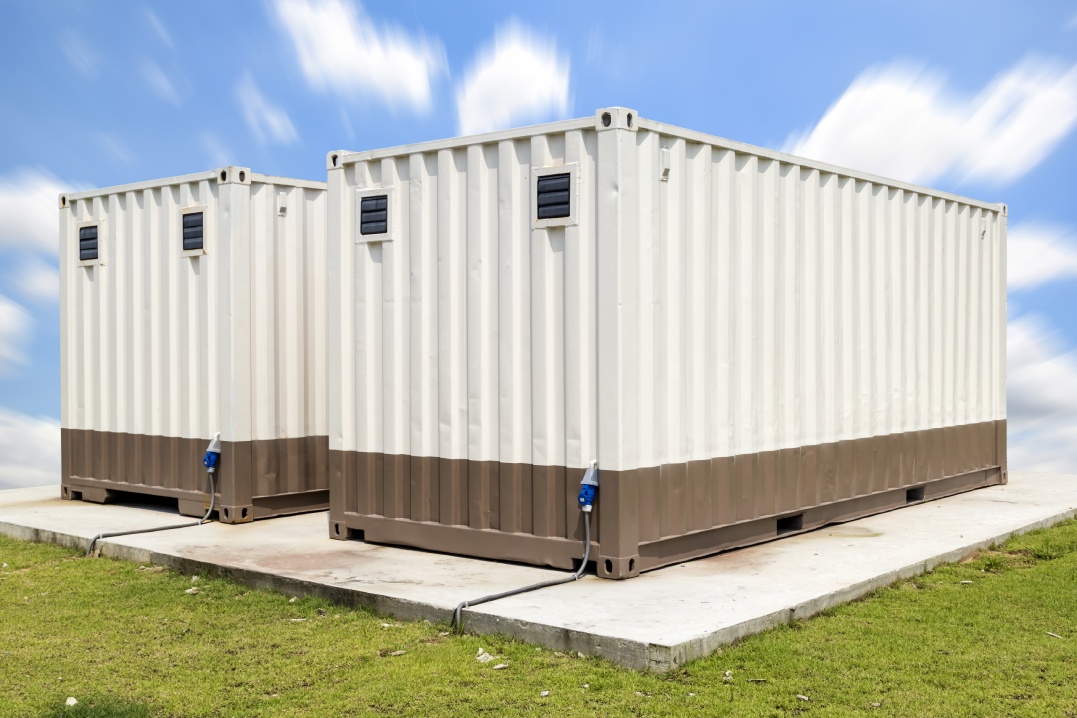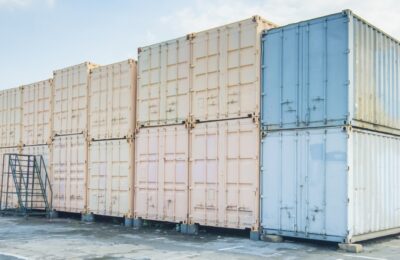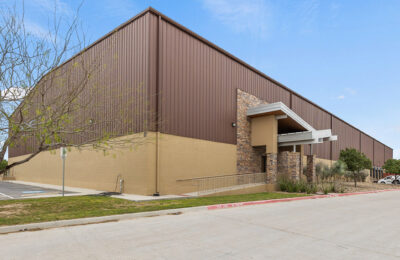Shipping containers are essential for businesses in Texas, whether you’re shipping goods internationally, expanding storage capabilities, or engaging in creative repurposing. It’s fascinating to think that nearly everything around you likely traveled in a shipping container. In fact, these sturdy steel boxes are responsible for transporting an incredible 90-95% of the world’s goods, moving everything from clothing and electronics to food and machinery across the globe.
However, with so many options available, choosing the right shipping container for sale in Texas can seem exhaustive. This guide offers a comprehensive approach to help you make an informed and confident decision.
Understand Your Needs
Every business has unique requirements for a shipping container. To choose the right one, start by identifying the primary purpose:
- Shipping goods: Focus on containers that comply with international shipping standards and offer durability.
- Storage solutions: Seek weather-resistant options that can handle Texas’ unpredictable climate, from scorching summers to occasional floods.
- Creative projects: If you’re creating a pop-up shop, office, or housing unit, prioritize containers that are easy to modify and customize.
- Clearly understanding your needs not only simplifies the selection process but also prevents costly mistakes.
Explore the Types of Containers
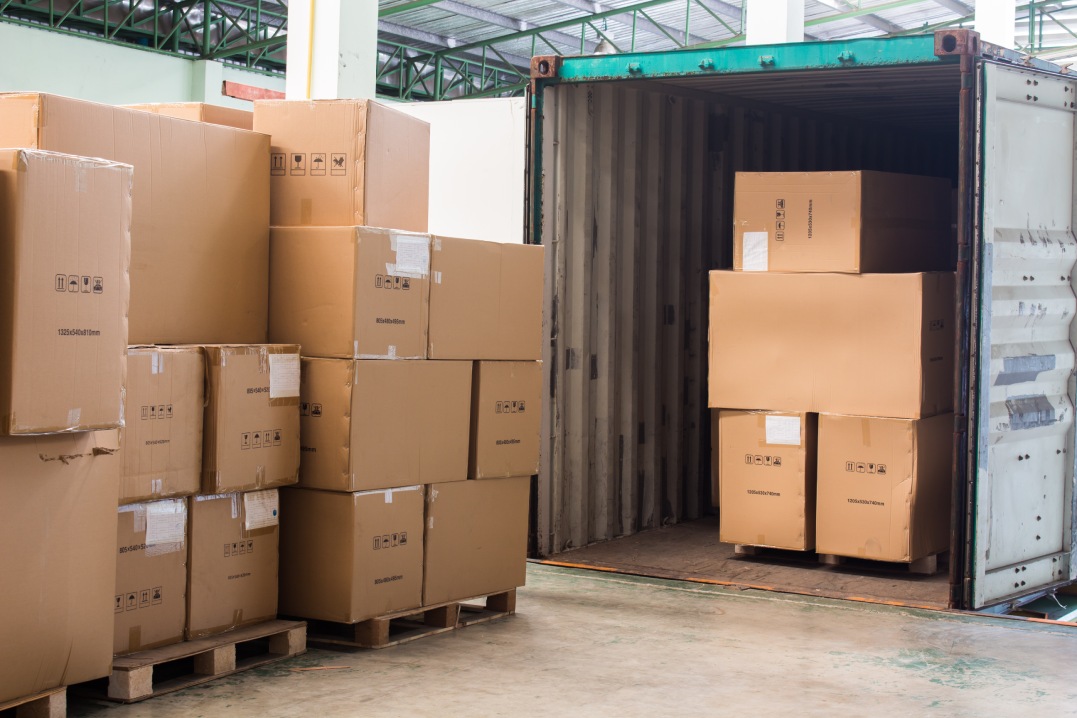
Shipping containers in Texas come in various types, each tailored to specific uses. Here’s a deeper look at the most common options:
- Standard dry containers: These all-purpose containers are ideal for transporting or storing non-perishable items like electronics, furniture, and tools. They come in sizes ranging from 10 to 45 feet, with 20- and 40-foot units being the most popular.
- Refrigerated containers (reefers): Perfect for temperature-sensitive goods like fresh produce, pharmaceuticals, or frozen food, reefers maintain a controlled climate. They feature built-in cooling systems and offer consistent temperatures from -15°F to 65°F.
- Flat rack containers: Designed for bulky or oversized cargo like heavy machinery or vehicles, these containers have collapsible sides, providing flexibility for unusual loads.
- Open-top containers: With removable roofs, these containers are ideal for tall or irregularly shaped goods, such as large pipes or construction equipment.
Choosing the wrong container type could lead to inefficiencies, cargo damage, or higher costs, so take the time to assess what best matches your business needs.
Consider Size and Dimensions
The size of your Texas shipping container is another critical factor. The most common sizes are 20-foot and 40-foot containers, but other options cater to different needs:
- 20-foot (TEU): Best for heavy, compact cargo or businesses with limited space. These containers hold about 300 standard moving boxes or the contents of a two-bedroom home.
- 40-foot (FEU): Offering double the capacity of a 20-foot container, this size is ideal for lightweight, voluminous goods like furniture or electronics.
- High-cube containers: These are available in both 40- and 45-foot lengths, providing an extra foot of vertical space. They are perfect for storing taller items or converting containers into livable spaces.
- Special sizes: Smaller 10-foot containers are great for limited storage needs, while 53-foot containers are often used domestically for maximizing volume.
When deciding, consider not only the volume and weight of your cargo but also potential future needs. Businesses planning for growth may benefit from choosing a slightly larger container to accommodate expansion.
Assess Container Condition
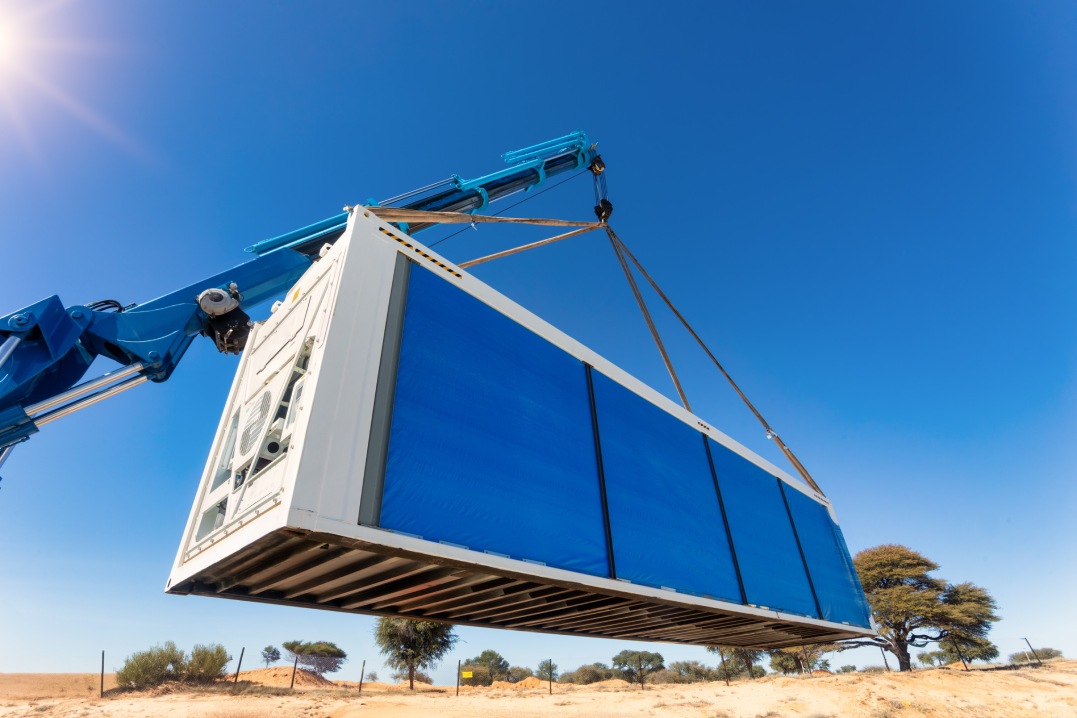
Storage containers for sale in Texas are available in new, used, and refurbished conditions. Each has its pros and cons, depending on your budget and intended use.
· New containers: Also called “one-trip containers,” these are used only once and arrive in pristine condition. They are ideal for long-term projects, customer-facing applications, or when appearance is crucial. Expect to pay a premium.
· Used containers: These provide significant cost savings while remaining functional for many purposes. However, they may show signs of wear, such as dents, rust, or faded paint. Always inspect used shipping containers for sale in Texas carefully to ensure they’re structurally sound and watertight.
· Refurbished containers: A middle ground between new and used, refurbished containers offer reliable performance with aesthetic and structural improvements.
When evaluating a container, look for the following:
· Exterior condition: Check for large dents, rust, or holes.
· Doors and seals: Ensure the doors open and close smoothly and that seals are intact to prevent leaks.
· Interior condition: Look for water damage, odors, or mold.
Selecting the right condition depends on your budget and the specific use case.
Understand Costs and Long-Term Value
Costs can vary widely depending on size, type, condition, and location. Here’s a breakdown:
- Size and type: Larger and specialized containers (like reefers) are more expensive.
- Condition: New containers are pricier but offer better longevity, while used ones save upfront costs.
- Location: Delivery fees can add to the cost, especially in rural areas of Texas.
For long-term needs, buying a container might make sense, as it allows for resale or reuse. However, leasing may be a better option for short-term projects or fluctuating demands. Always balance upfront costs with maintenance expenses and the potential for resale.
Prioritize Safety and Security
For businesses handling valuable goods or operating in areas prone to theft, safety and security features are non-negotiable. Important features to consider include:
- Locking mechanisms: High-security padlocks or lockboxes protect against tampering.
- Weather resistance: Containers made from Corten steel resist rust and harsh weather, a must for Texas’ extreme conditions.
- Additional security: GPS tracking and tamper-proof seals offer extra peace of mind for high-value shipments.
- Safety features are particularly crucial for businesses in Texas, where weather events like hurricanes or heavy rains can challenge container durability.
Explore Customization Options
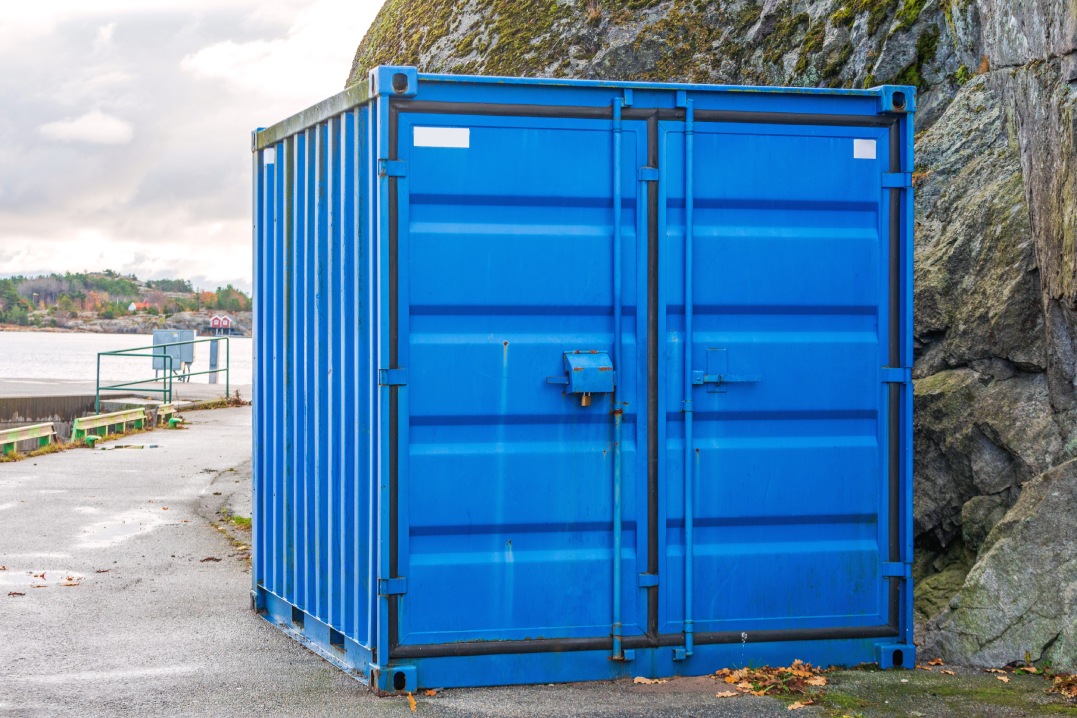
Containers are highly versatile and can be modified to suit a variety of needs. Common customizations include:
- Doors: Side doors, roll-up doors, or custom entryways improve accessibility.
- Insulation: Essential for temperature-sensitive items or repurposed containers used as workspaces or homes.
- Electrical and plumbing installations: Useful for creating offices, retail spaces, or living quarters.
- Ventilation: Reduces moisture buildup and prevents mold for stored goods.
Customizing a container allows businesses to tailor solutions to their unique operational needs but adds to the overall cost.
Lease or Buy?
The decision to lease or buy depends on your business’s specific needs:
- Buy: Ideal for long-term use, owning a container offers freedom to modify and resell later.
- Lease: Great for short-term needs, leasing reduces upfront costs and includes maintenance. This is perfect for businesses testing new markets or handling seasonal demand.
Evaluate factors like duration of use, budget, and future plans to decide.
Work with a Reputable Supplier
The supplier you choose can make or break your shipping container experience. Look for a vendor with a solid reputation, transparent pricing, and a comprehensive inspection process.
Ask suppliers for:
- Certification (e.g., Wind and Water Tight, Cargo Worthy).
- Detailed condition reports.
- Photos and videos for remote inspections.
Visiting local container yards in Texas is a great way to assess the quality and negotiate directly.
Final Checklist for Container Selection
Before making your decision:
- Verify dimensions and capacity match your needs.
- Inspect for structural integrity, rust, or leaks.
- Check for secure locks and intact seals.
- Ensure compliance with local or international regulations.
- Review warranties or after-sales services.
Choose The Right Shipping Container With Us
Choosing the right shipping container is an investment in your business’s efficiency, safety, and growth. By understanding your needs, evaluating options thoroughly, and working with a reliable supplier like CTC Distribution, you can secure a container that meets your goals while staying within budget.
Whether you need new or used mobile containers for sale, rent, or lease, CTC Distribution offers versatile solutions tailored for storage, shipping, or creative projects in McAllen and Edinburg, TX. Contact us today, and let us help you find the ideal container to simplify your operations!



